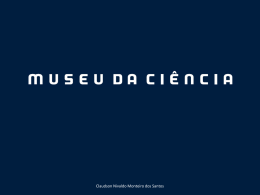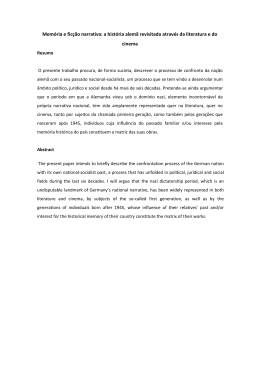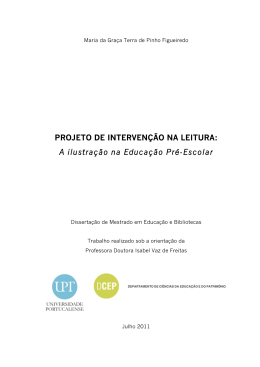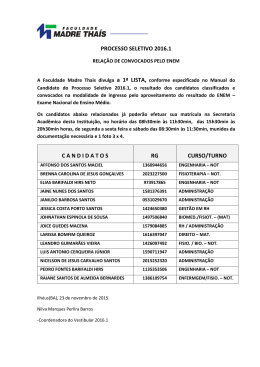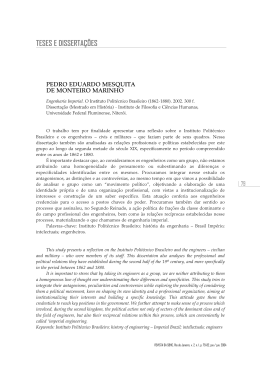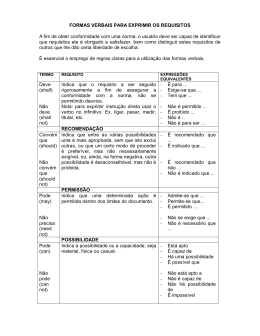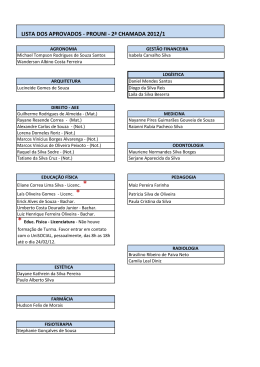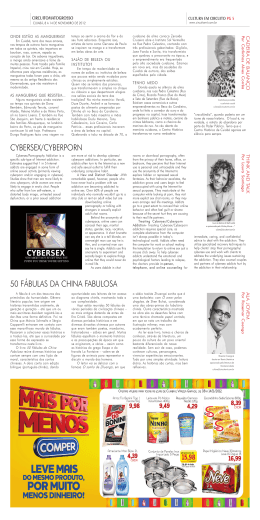De todos os paraísos "não-artificiais", mais reais que a realidade unívoca de presente único do dia-a-dia, aquela que mais deleita os eleitos que a ela têm acesso é uma boa e simpática biblioteca. Boa e simpática são características indispensáveis. Não basta uma quantidade de livros considerável para constituir uma biblioteca, nem é o seu aspecto de preciosidades que aos livros confere valor. Como dizia E. M. Forster, "The really important thing in books is the words in them - words, the wine of life - not their binding or their print, not their edition value or their bibliomaniac value, or their uncuttability". São, de facto, as palavras que importam, mas só importam se alguém as ler, se alguém as considerar boas e simpáticas - pelo menos o bastante para as consumir. Assim, acaba-se percebendo que o mais importante de uma biblioteca são os leitores. Que interessa um livro sobre o cultivo de morangos na Groenlândia? Que aproveitam centenas de obras-primas da literatura a quem não souber ler? Ou - mais triste ainda - a quem não queira ler, mesmo que tenha sido ensinado? Forster fala da sua biblioteca: "You are soon in my library and soon out of it, for most of the books are contained in a single room. I keep some more of them in a little sitting-room and in a bathroom cupboard, but most of them are in what we will politely term the library... Round the walls are a dozen wooden bookcases of various heights and shapes, a couple of them well designed, the others cheap. In the middle of the room stands a curious object: a bookcase witch once belonged to my grandfather... I have tried to fill it with volumes of gravity, appropriate to its past." Vários pormenores ressaltam do discurso amoroso de Forster a respeito da sua biblioteca. Primeiro, o seu apreço por ela, independente da qualidade das estantes e do valor monetário dos livros. Logo após, a veneração da continuidade, o sentimento confortável de fazer parte de um clã que aprecia a leitura e a escrita. Na mesma linha de pensamento, o cuidado de delimitar, ou determinar, territórios, de acordo com a especificidade das obras e tendo em consideração as preferências daqueles que lhas legaram. Forster, com a fina sensibilidade que todos lhe reconheciam, sentia certamente a sua biblioteca como uma presença familiar e amiga que o acompanhava em todas as divisões da casa, alguém que possuía o dom da ubiquidade para mais rapidamente satisfazer as suas solicitações. Tinha razão, o escritor, pois uma biblioteca é um ser vivo. Do passado conserva no seu organismo as marcas de quem concebeu e de quem foi ajudado a crescer. No presente, é magnânima; a todos oferece o que tem, a todos trata por igual, mas sofre com quem a maltrata. Pode ter um pouquinho de orgulho, fechando-se aos que a desprezam, negando-lhes o seu auxílio; mas nunca se queixa, e imediatamente perdoa se voltam a visitá-la. Quanto ao futuro, está nas mãos dos seus amigos. Ela irá envelhecendo, mas com dignidade, se todos cuidarem dela com amor, não lhe rasgando as roupagens, curando-lhe as feridas, fazendo-lhe "transfusões de livros" quando necessário, tratando-a com a veneração devida a um mestre que muito dá e ensina, e com o amor que espontaneamente se sente por uma mãe e por um pai carinhoso a quem, intelectualmente, se deve a vida. Forster ( ou Morgan, para os amigos) enriqueceu a biblioteca que herdou das gerações anteriores. Não pelo valor extrínseco das novas aquisições, mas, mais intimamente, pelo seu amor por ela. Como ele próprio confessa, "The absence of the collector's instinct in me, lhe absence of deliberate choice, have combined with a commendable varietv of interests to envolve a library which will not make any definite impression upon the visitors. I have not a bookplate - too diffident or too much bohter. I cannot arrange books well either, shall it be by subjects or by heights?...I do not bang or blow them as much as I should, or oil their leather backs, or align those backs properly. They are unregimented. Only at night, when the curtains are drawn and the tire flickers, and the lights are turned off, do they come into their own, and attain a collective dignity, It is very pleasant to sit with them in the firelight for a couple of minutes, not reading, not even thinking, but aware that they, with their accumulated wisdom and charm, are waiting to be used, and that my library, in its tiny imperfect way, is a successor to the great private libraries of the past." Os verdadeiros amantes de livros, das palavras dos livros que são, realmente, "the wine of life", podem compreender Forster – ou, melhor, Morgan - e sentem-se bem numa boa e simpática biblioteca. Maria Cândida Zamith
Download
